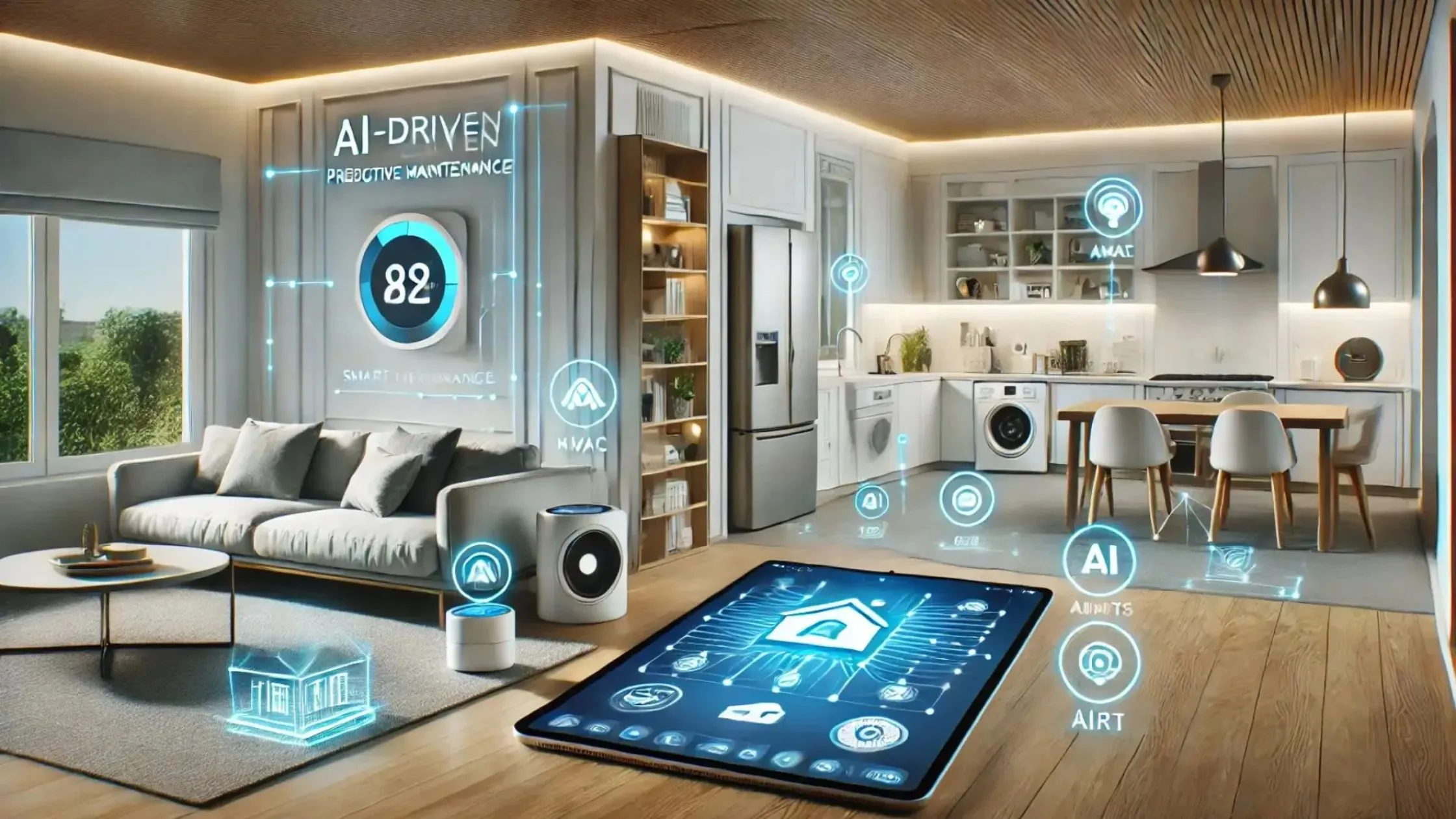Table of Content
▲
Electricity plays a vital role in our daily lives, providing power to everything from our lights to our laptops. Nevertheless, electrical issues can arise, causing inconvenience and potential hazards. In this article, we will examine the ten most prevalent electrical problems in homes and offer straightforward solutions to address them.
Frequent electrical surges
Electrical surges can result from various factors, including damaged power lines, malfunctioning appliances, or faulty electrical wiring within the home. If you encounter frequent electrical surges, it is advisable to seek the assistance of a professional to identify and address the underlying issue.
Overloading
Overloading occurs when too many devices are plugged into a single outlet. This can cause the circuit to overload and trip the circuit breaker. To fix this, simply unplug some devices or use a power strip with built-in surge protection.
Circuit breaker tripping frequently
If your circuit breaker is frequently tripping, it could be because you are using too many high wattage appliances simultaneously. Try spreading out these appliances across different circuits or reducing their use.
Light bulbs burning out often
If your light bulbs are burning out frequently, it could be due to bad wiring on the circuit, poor circuit connection, or the bulb wattage is too high for the light fixture. Check your bulb wattage and consider getting a professional to check your wiring.
Electrical shocks
Electrical shocks usually occur when you turn a device on or off. This could be an issue with the appliance, or it might be a problem with the wiring. To ensure safety, it is best to let an electrician handle this issue.
High electric bill
High electrical bills could mean that your appliances are not energy efficient or your electrical system is outdated. Consider upgrading your appliances or consult an electrician to inspect your electrical system.
Light switches not working properly
If your light switches are not working correctly, it could be because of faulty wiring, circuit issues, or the switches themselves may be bad. This problem should be addressed by a professional electrician.
Circuit overload
Circuit overload is a common issue in many homes. This occurs when more current is running through the circuit than it can handle. To fix this, try removing some devices from the circuit.
Loose or exposed wires
Loose or exposed wires can be a serious safety hazard. If you come across any in your home, it is best to turn off the power and call a professional to fix the issue.
Flickering lights
If your lights flicker, it may be a result of a loose light bulb, voltage fluctuations, or loose connections in the circuit. Ensure the bulb is properly screwed in, or contact an electrician to examine the circuit.
Keep in mind that while some electrical issues can be resolved easily, others may necessitate professional assistance. Prioritize safety, and if uncertain, don't hesitate to seek the expertise of a professional electrician.
Also Read: How to prevent asthma in your home.


_1770964981.webp)







_1770976628.webp)
Ans 1. To prevent overloading, try not to plug too many devices into a single outlet. Also, consider using a power strip with built-in surge protection.
Ans 2. If your light switches are not working correctly, it could be because of faulty wiring, circuit issues, or the switches themselves may be bad. This problem should be addressed by a professional electrician.
Ans 3. Circuit overload occurs when more current is running through the circuit than it can handle. This usually happens when too many devices are plugged into a single outlet.
Ans 4. Loose or exposed wires can be a serious safety hazard. If you come across any in your home, it is best to turn off the power and call a professional to fix the issue.
Ans 5. If your circuit breaker is frequently tripping, it could be because you are using too many high wattage appliances simultaneously. Try spreading out these appliances across different circuits or reducing their use.
Ans 6. Electrical surges can be caused by a variety of factors, such as damaged power lines, faulty appliances, or bad electrical wiring in the house.
Ans 7. This could be due to a loose light bulb, voltage fluctuations, or loose connections in the circuit. Try checking if the bulb is screwed in correctly or call an electrician to inspect the circuit.